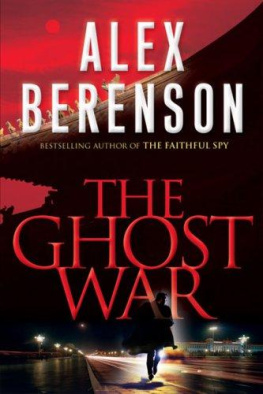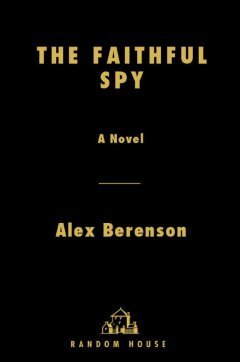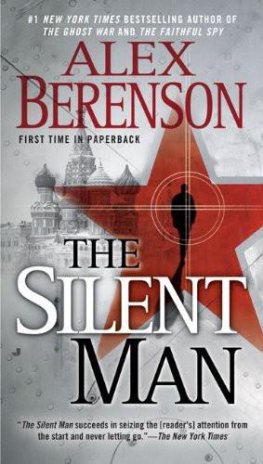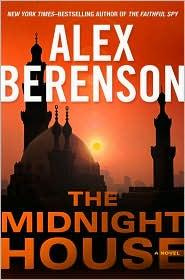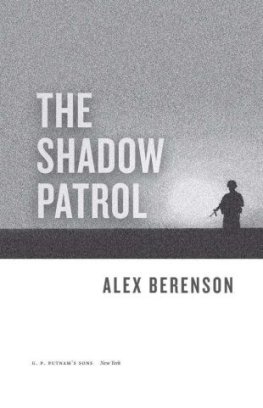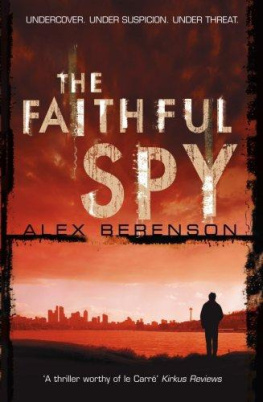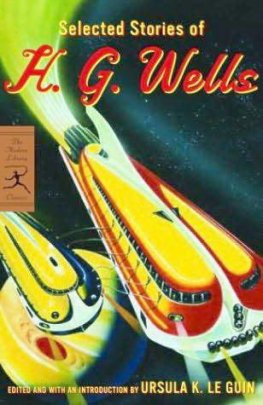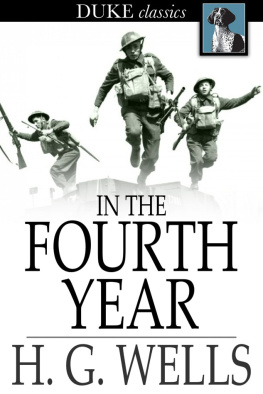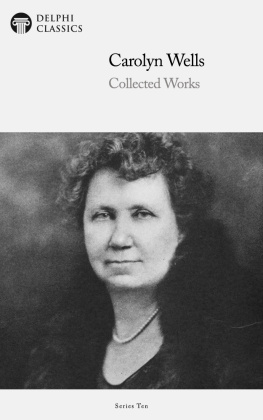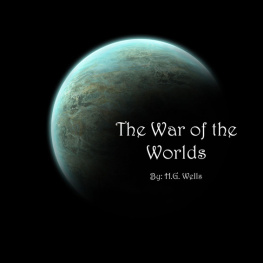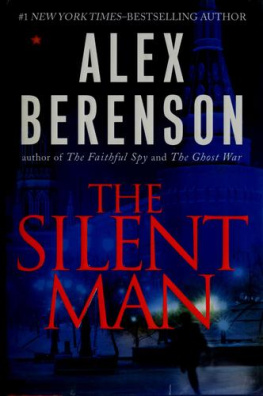by Alex Berenson
Let China sleep, for when she wakes, she will shake the world. NAPOLEON Be subtle. Use your spies for every kind of business. SUN TZU , The Art of War INCHEON, SOUTH KOREA TED BECK WALKED WEST DOWN THE ROTTING PIER, squinting through his wrap-around sunglasses into the late-afternoon haze. He was alone, and he moved without haste. He'd arrived early, and the boat he'd come to meet was nowhere in sight.
Finally he reached the end of the dock. Trash from three countries China and the two Koreasbobbed in the dank water, the eastern edge of the Yellow Sea. The air was heavy with smoke from the ships that docked at Incheon every day to load up on cars and televisions for the United States. The sun had baked the fumes into a brown smog that burned Beck's throat and made him want a cigarette. He fished a packet of Camel Lights from his pocket and lit up. He'd tried to quit over the years.
But if he was going to sign up for missions like this one, what was the point? He smoked slowly and when he was done flicked the butt away. * spun into the harbor, joining the empty beer cans and condom wrappers. Then he heard the low rumble of a boat engine. incheon was an industrial port fifty miles west of Seoul and a few miles south of the Demilitarized Zone, the strip that separated North and South Korea. During the Korean War, General Douglas MacArthur had landed here, cutting behind North Korean lines to stop the Communist advance. A statue of him stood atop a hill not far from this pier.
Binoculars in hand, the general looked out to the Yellow Sea, which separated China and the Korean Peninsula. This afternoon, Beck would head into those waters on a mission smaller than MacArthur's assault but just as dangerous. The rumble of the distant boat grew louder. Beck pulled his wallet out of his pocket, a battered piece of cowhide that had seen him through thirty- two countries and three counterinsurgencies. He wasn't carrying any iden- tification or a passport, just money. About $3,000 in all.
And three pictures: his wife and their two sons. He took out the pictures and kissed them. Then he flicked his lighter to them and watched them burn, holding them as long as he could, until the flames singed his fingers and he had to let them go. Their remnants sank into the water and drifted away. Beck carried out the same ritual before every mission, for reasons both practical and superstitious. If he was caught, the photographs would give his captors a psychological edge.
More important, burning the pictures was his way of accepting the danger of the mission. When he came back, he'd put fresh copies in his wallet. Until the next time. THE MESSAGE HAD COME IN twelve days before, to a signals-intelligence sta- tion at Camp Bonifas, on the edge of the Demilitarized Zone. The six hun- dred Americans and South Koreans who lived at Bonifas stayed on alert twenty-four hours a day, knowing they would be the world's tripwire if the North Korean army came over the DMZ. As they waited, they monitored the North's airwaves, listening for messages from American spies across the border.
To the officers at the Bonifas station, the transmission was gibberish, a twenty-two-second series of Is and 0s. But they knew it meant something, for it came in on a shortwave frequency reserved for the highest-priority messages. They forwarded it around the world to Fort Meade, Maryland, the headquar- ters of the National Security Agency. From Fort Meade, the message, now decoded, took a shorter trip, across the Potomac to a seventh-floor office at CIA headquarters. There it caused Vinny Duto, the director of the CIA, to unleash a few uncoded curses of his own. For the message was short, simpleand unwel- come.
The Drafter wanted out of the Democratic People's Republic of Korea, the country-sized prison commonly called North Korea. Immediately if not sooner. The Drafter's real name was Sung Kwan. Dr. Sung Kwan. He was a scientist in North Korea's nuclear program, and by far the most important asset the United States had in North Korea.
Asset was a rather clinical way to describe Sung, who was after all a person, not a spy satellite or a well-placed bug. But the term was fitting. For Sung had told the United States exactly where the North Koreans held their nuclear weaponsinformation that was priceless. Most analysts outside the CIA thought that North Korea hid its nukes in caves, hoping to keep them safe from an American airstrike. They were wrong. In fact, the nukes were kept in a warehouse in Pyongyang, North Korea's capital.
The Dear Leader, Kim Jong II, wanted them close by, protected by the same army regiment that provided his personal security. Now the USS Lake Champlain, a guided missile cruiser in the Sea of Japan, had a dozen Tomahawk missiles targeted on the building. If the order came, the Tomahawks could turn the warehouse into rubble in minutes. All thanks to Sung. And now he wanted an emergency exfiltration. No wonder Vinny Duto was upset.
SUNG WAS A CAREFUL SPY. He had met American agents only three times, each time in Pakistan, outside the Orwellian gaze of the North Korean secret police. But now something had gone wrong. In his message, Sung said he was concerned for his safety and believed he needed to get out of North Korea. He didn't explain more. At Langley, the officers on the North Korea desk struggled to make sense of Sung's message.
How did he know he was about to be taken in? Had he been torogated? Or had he been arrested already, strung up and left to rot? In that case, the pickup request was nothing more than bait, an SOS from a man who had already drowned, meant to lure would-be rescuers into an ambush. The CIA responded to Sung with its own shortwave broadcasts, asking him for more detail. But as the days ticked by, the listening station at Bonifas remained quiet. Finally Duto decided that the agency had to send in a team. Without proof that the message was a trap, Langley couldn't ignore Sung's plea. The agency always promised its moles to respond if they asked for help.
The vow was both a moral obligation and a recruiting tool. Moles needed to believe that their agency handlers shared the risks they took. Three men were going in. Beck, the leader, was a former Navy Seal, now a senior officer in the agency's Special Operations Group. He was accompa- nied by Seth Kang, a Korean-American operative who'd infiltrated North Korea before, and Choe Gu, a lieutenant in the South Korean navy. All knew the risks of this mission.
But they couldn't say no, not once they understood the stakes. THE PHANTOM LOOKED FAST even when it wasn't moving. The boat was matte black, narrow and long, with an arrow-shaped hull that came to a razor- sharp tip. It was a cigarette boat, the kind favored by drug runners for quick trips in calm seas. But in place of an open deck, like most cigarette boats, the Phantom had a cabin covering its cockpit, topped by a small forest of micro- wave dishes. Its windows were two-inch-thick bullet-resistant glass.
For extra range the Phantom carried three gas tanks that held six hundred gallons in all. For extra protection its hull was coated with Kevlar. And for extra speed it had twin Mercury engines that threw out 650 horsepower apiece. At full throttle, it ran at seventy knots. Langley had given Beck carte blanche to decide how to pull off Sung's extraction. A helicopter was out.
The North Koreans operated radar stations every few miles on the coast. Beck had considered using a fishing trawler before deciding on the Phantom. The boat was practically invisible on ra- dar, and surprisingly quiet, thanks to the oversized mufflers on the Mer- curys. Plus, if the North Koreans were waiting for them, a speedboat would give them a chance of getting away. The Phantom was based in Miami, where the CIA and Drug Enforcement Administration used it to chase drug traffickers around the Caribbean. Three days before, the agency had chartered a cargo jet and flown the boat in, landing it at Osan Air Base outside Seoul to avoid pesky Korean customs agents.

